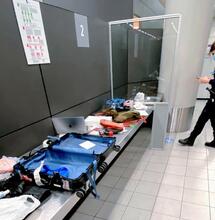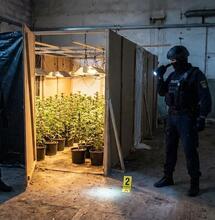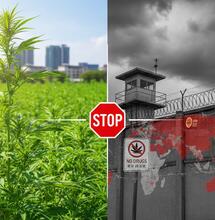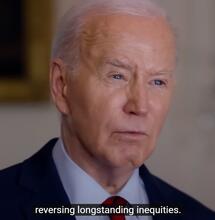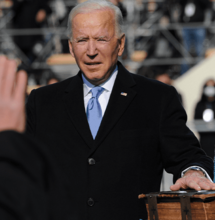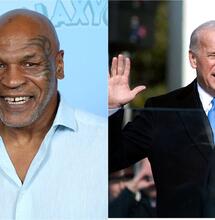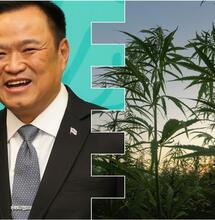Who’s Funding the Global War on Drugs?

A recent report from the Harm Reduction International (HRI) highlights how some of the world’s wealthiest nations, including the United States and countries in Europe, provided significant foreign aid for the global War on Drugs. The report examines data from the period between 2012 and 2021, and it notes that “narcotics control” received more foreign funding than programs for school food, early childhood education, mental health care, or labor rights.
The HRI has called on governments and donors, including the U.S., “to divest from punitive and prohibitionist drug control regimes which undermine their other health and human rights commitments.” Instead of endorsing policies that target individuals who use drugs, the aid money can be allotted for other pressing issues.
How Much Donor Countries Spent on the Global War on Drugs?
The report, named “Aid for the War on Drugs” reveals that between 2012 and 2021, 30 donor countries allocated almost $1 billion in international aid for “narcotics control.” It’s purported that significant sums of the aid money is spent in harmful ways, such as large-scale purchasing of firearms and other military equipment.
Aid donors are obliged to report their spending to the OECD’s Development Assistance Committee (DAC). The data taken for analysis was accessed from the organization’s Creditor Reporting System (CRS). At the time of creating the report, the system was last updated in May 2023 with figures until 2021.
The data has shown that aid donors spent at least $974 million together in the ten-year period between 2012 and 2021. The United States appears to be the most significant donor during this time, followed by countries in the European Union, Japan and the United Kingdom.
The United States provided over half of the global funding for the drug war, or somewhere around $550 million. The European Union has allotted around $282 million for this form of aid money, while Japan allotted $78 million, and the UK $22 million.
Some of the donors, such as the UK, have decreased the funding for international narcotics control in recent years, while others have increased it. The US is one of the countries that have increased funding. Notably, the increase starts in the first year of President Joe Biden’s administration.
The War on Drugs received more foreign money in the last ten years than other causes such as fighting poverty and improving education. In the span of a decade, 92 countries received financial assistance for narcotics control. The wealthy donors spent the most for Colombia where $109 million in aid has flown. Afghanistan has received $37 million, while Peru has received $27 million. Mexico, Guatemala, Panama, Iran and Indonesia are also among the countries that have received substantial sums for the purposes of controlling drugs.
A portion of the aid, or at least $70 million, was allotted to countries that still practice the death penalty for drug-related convictions. It’s a particularly disturbing fact that 16 governments that still execute people for drug offenses were recipients of the international funding.
As an example, the US backed funding for an Indonesian training program to counter narcotics back in 2021. The funds were given to Indonesia in a year when the country’s judicial system ordered a record-breaking 89 death sentences for drug-related allegations. In the same year, Japan provided millions in aid money to Iran as a way to settle costs for drug-detection dog units; Iran executed at least 131 people because of drugs in 2021.
“There is a long history of drug policy being used by world powers to strengthen and enforce their control over other populations, and to target specific communities,” the report notes. “Racist and colonial dynamics continue to this day, with wealthier governments, led by the US, spending billions of taxpayer dollars around the world to bolster or expand punitive drug control regimes and related law enforcement.”
The report further remarks that this type of problematic funding goes against other goals and commitments pledged by world governments, which would include international development, health, human rights and the pledge to end AIDS by 2030.
In a separate report, the United Nations has recently also called for member states to end punitive drug-control policies and regimes, emphasizing that viewing drugs as a criminal issue only worsens the problem. The UN report notes that those most affected from “militarized” drug laws are vulnerable populations, such as people of African descent, women, indigenous communities, and young people who come from poor backgrounds.
Read more related news on Soft Secrets:
- UN Report Calls States to Consider Drugs Decriminalization




